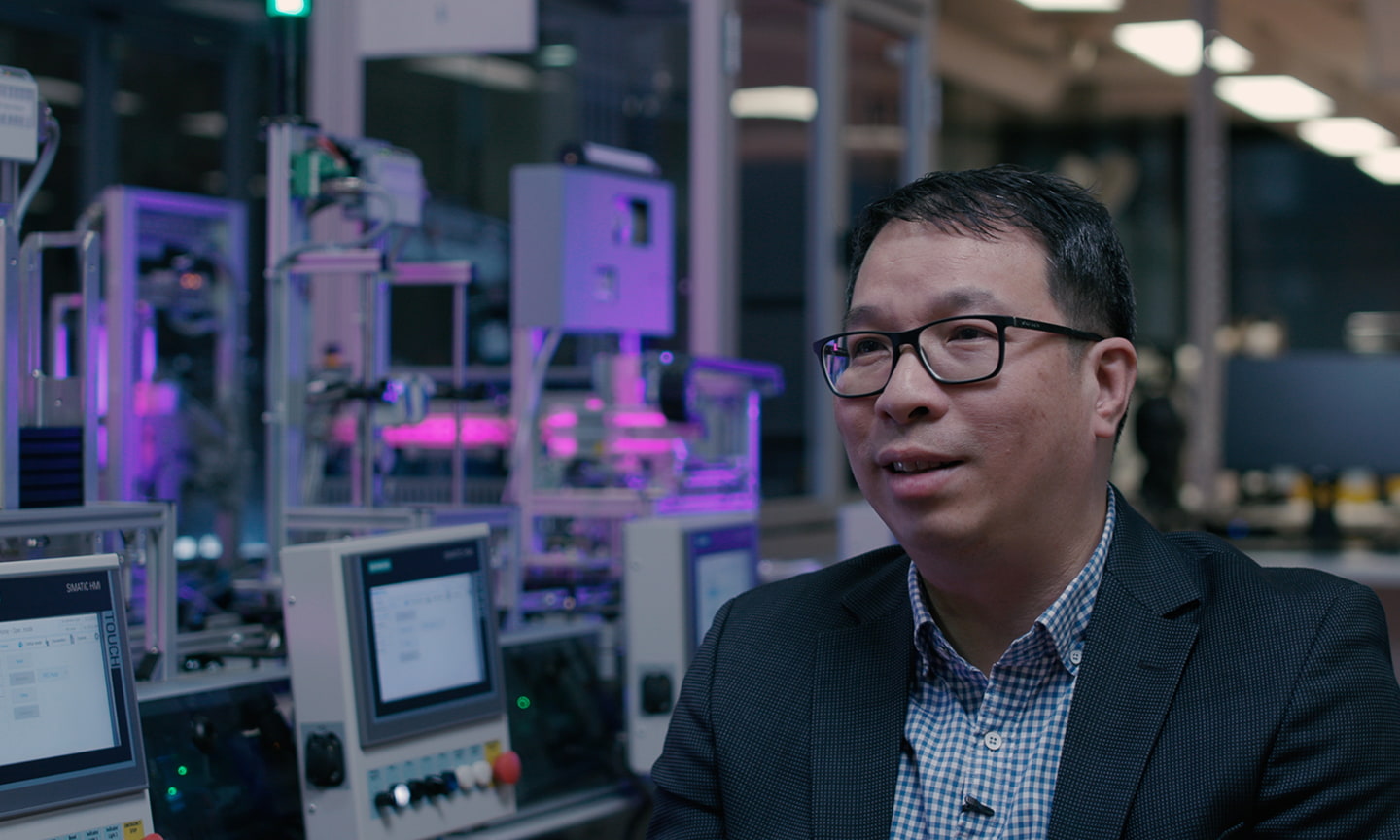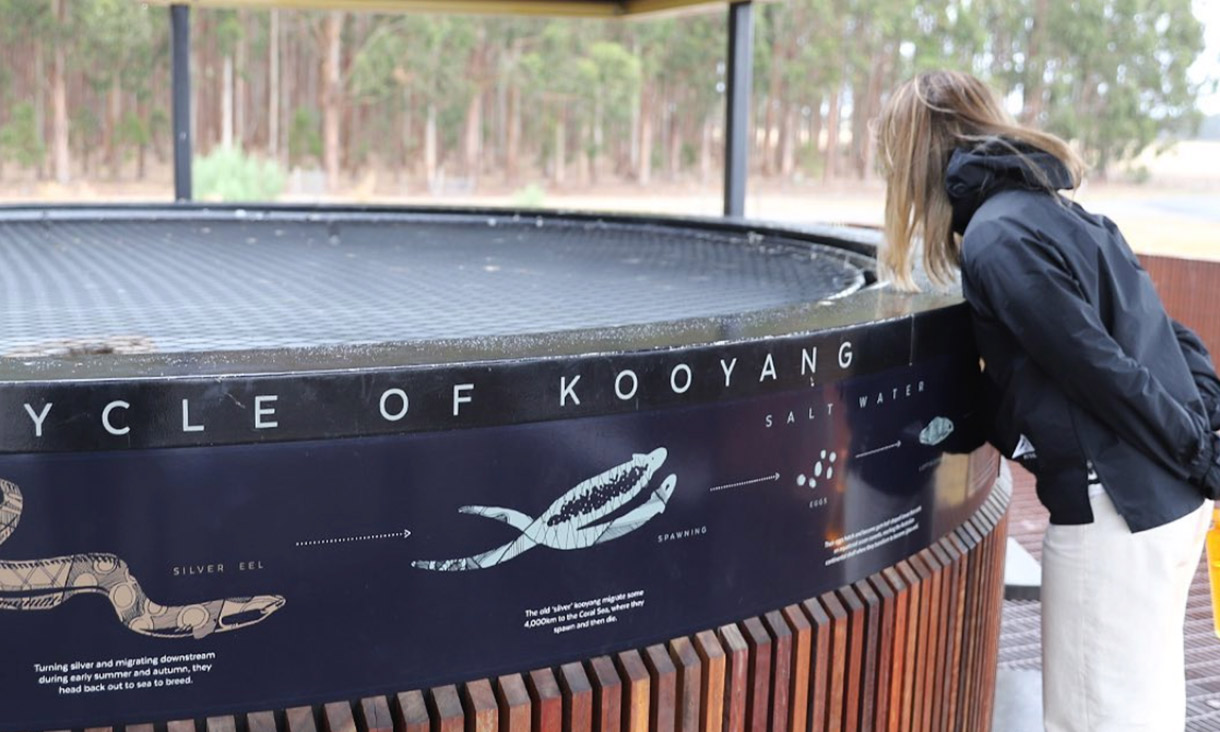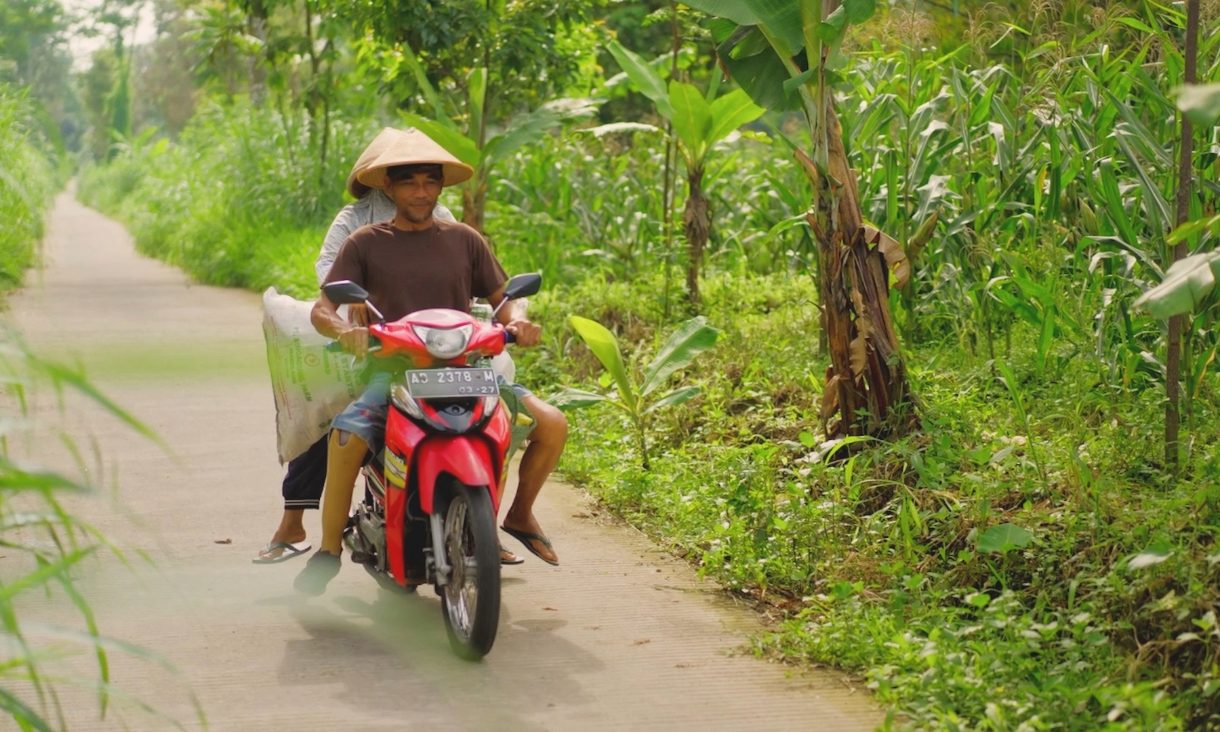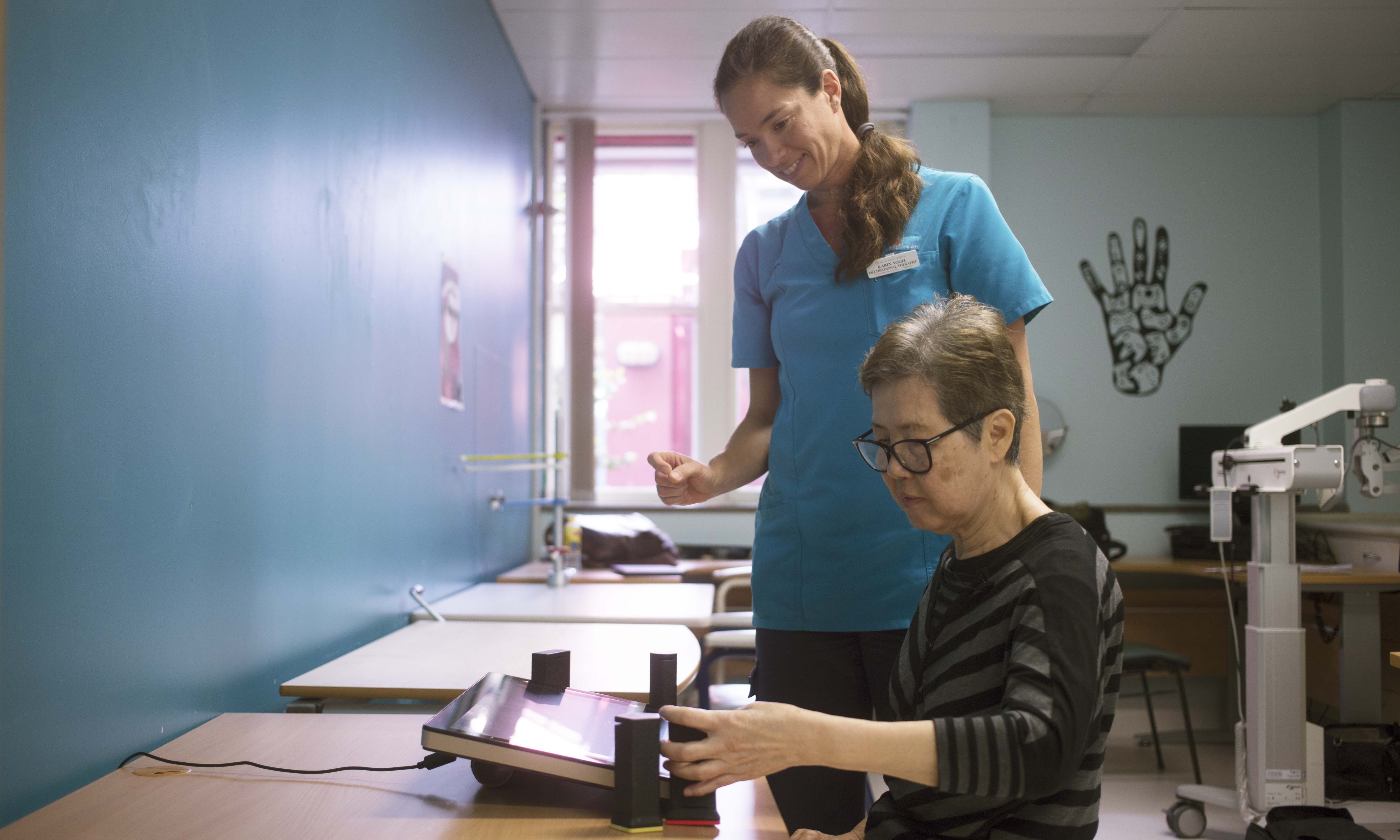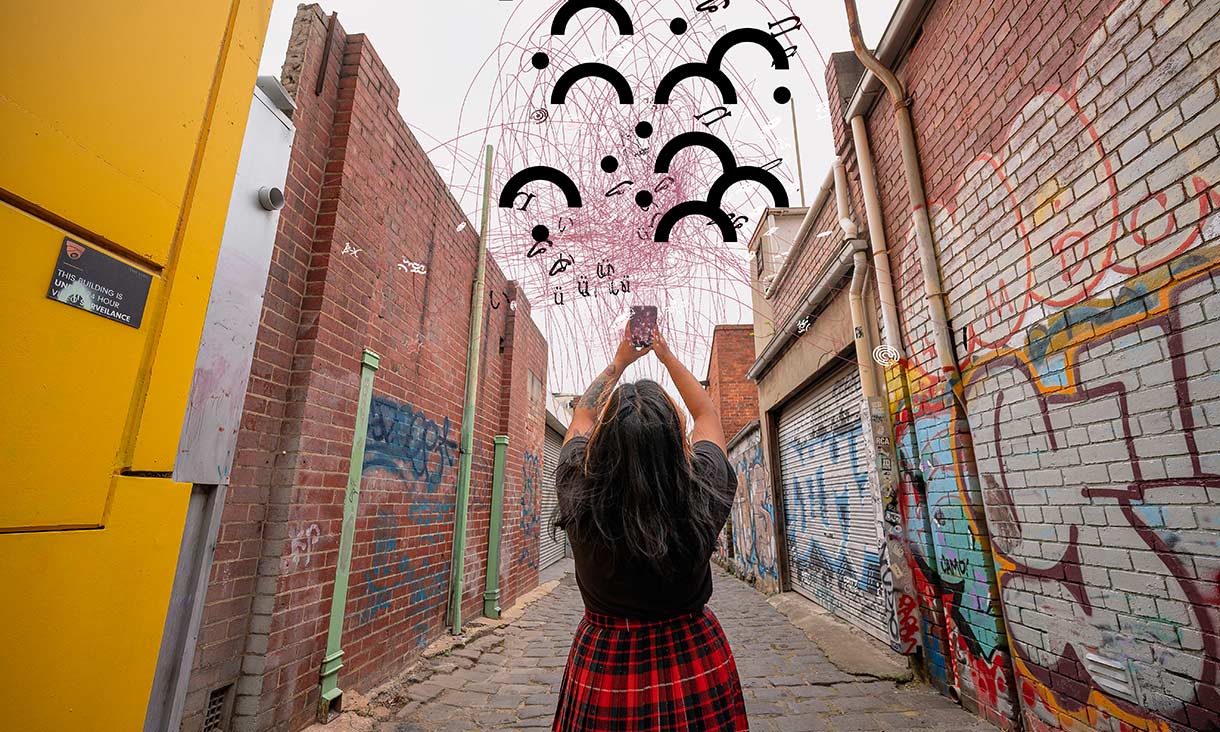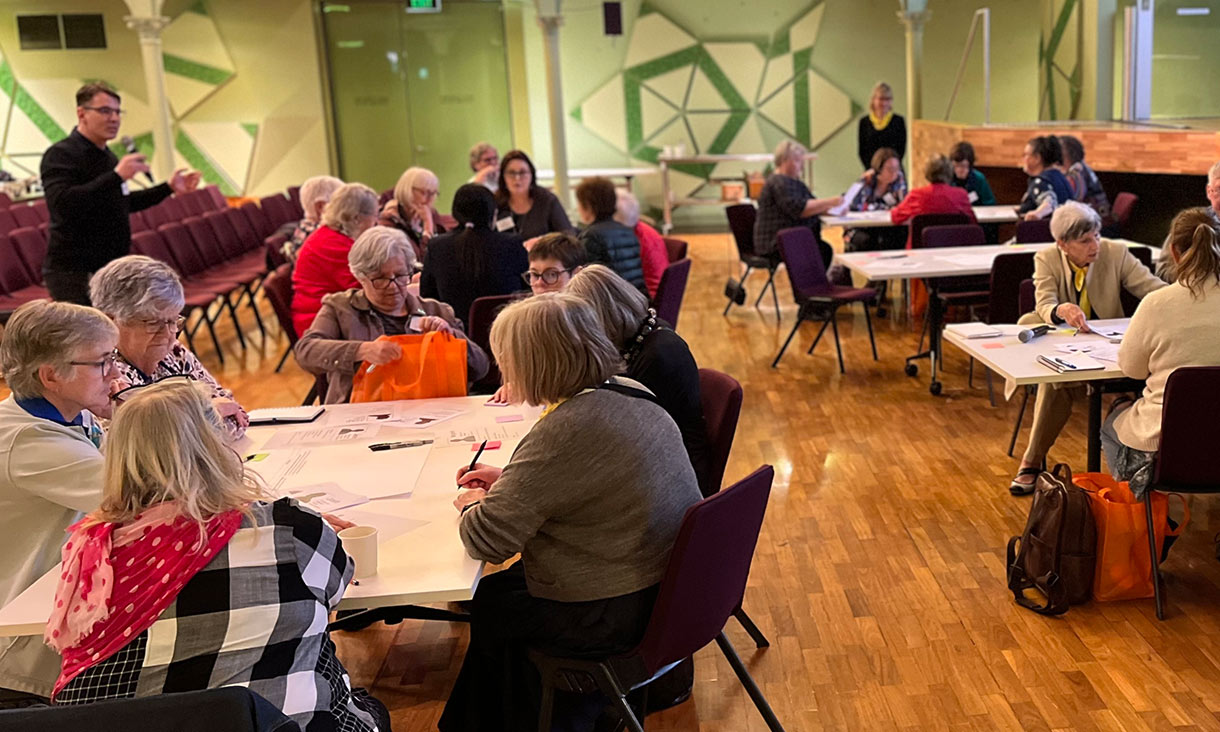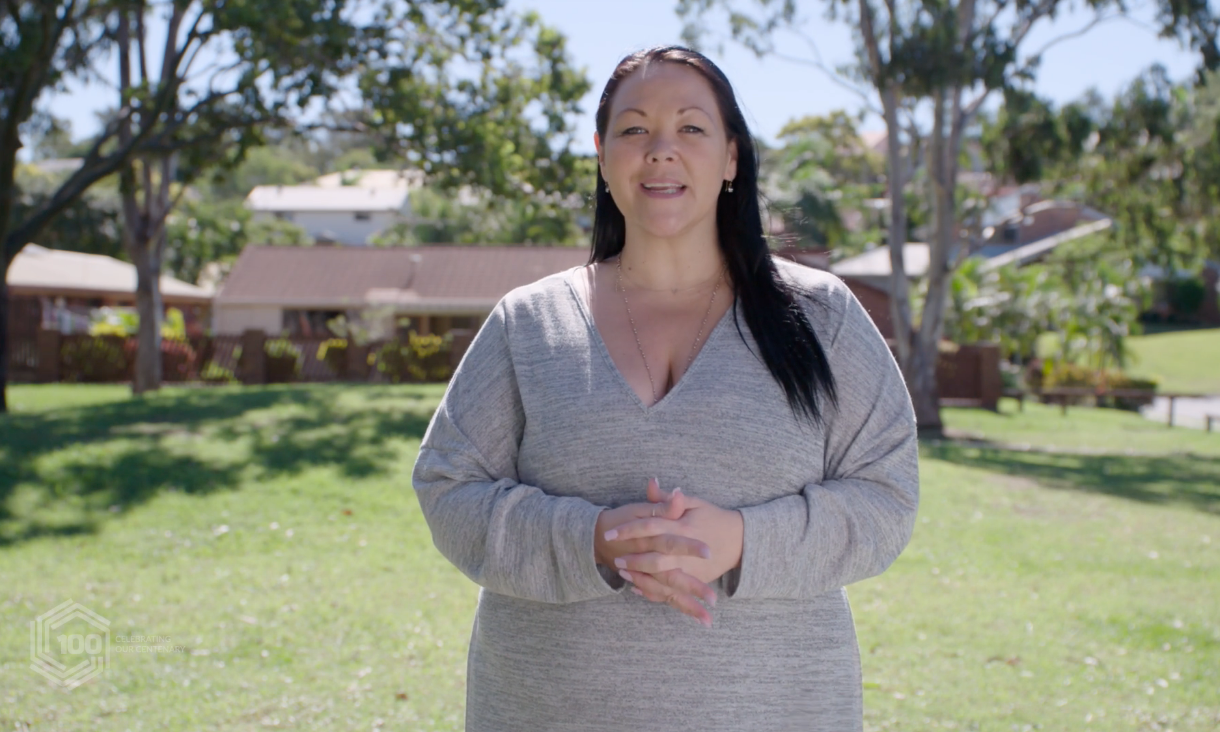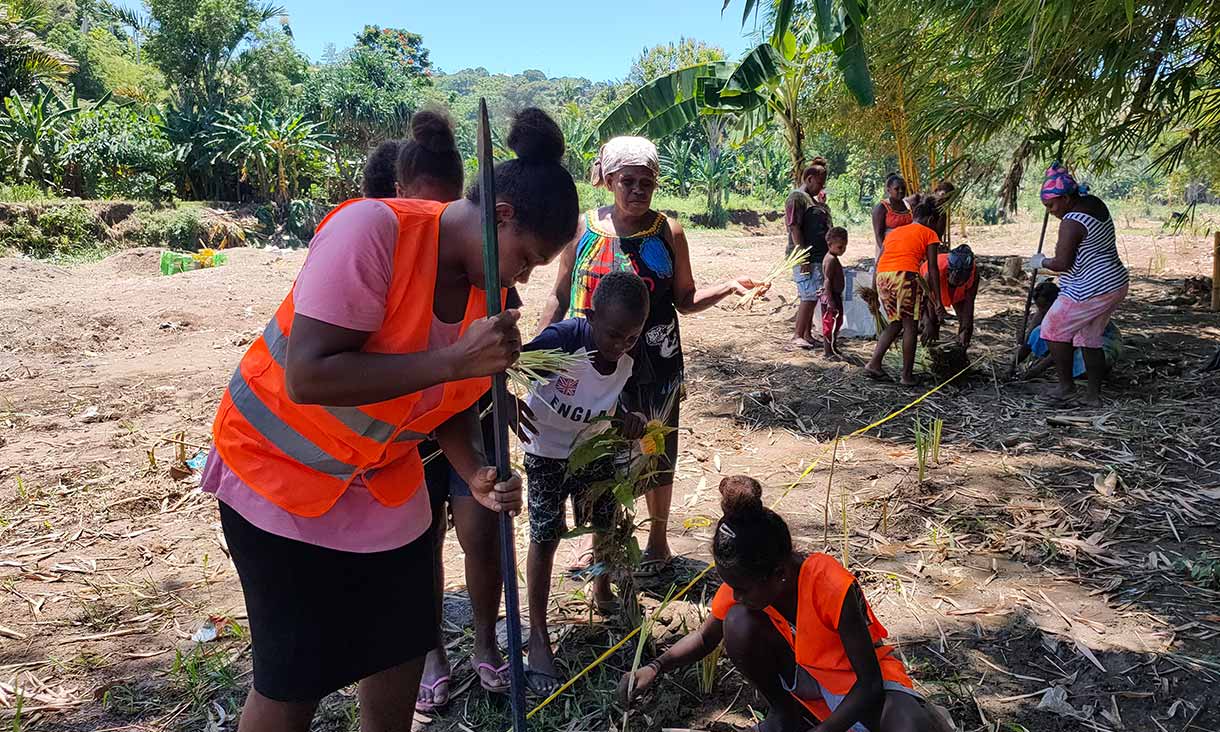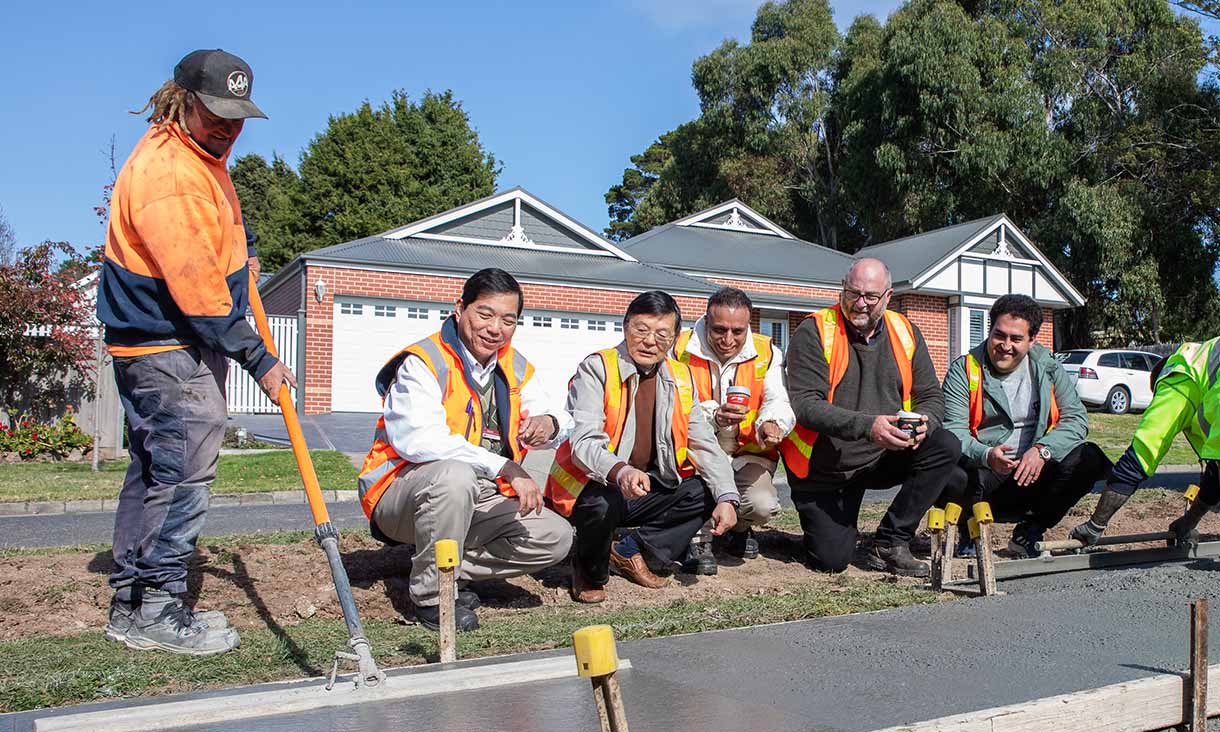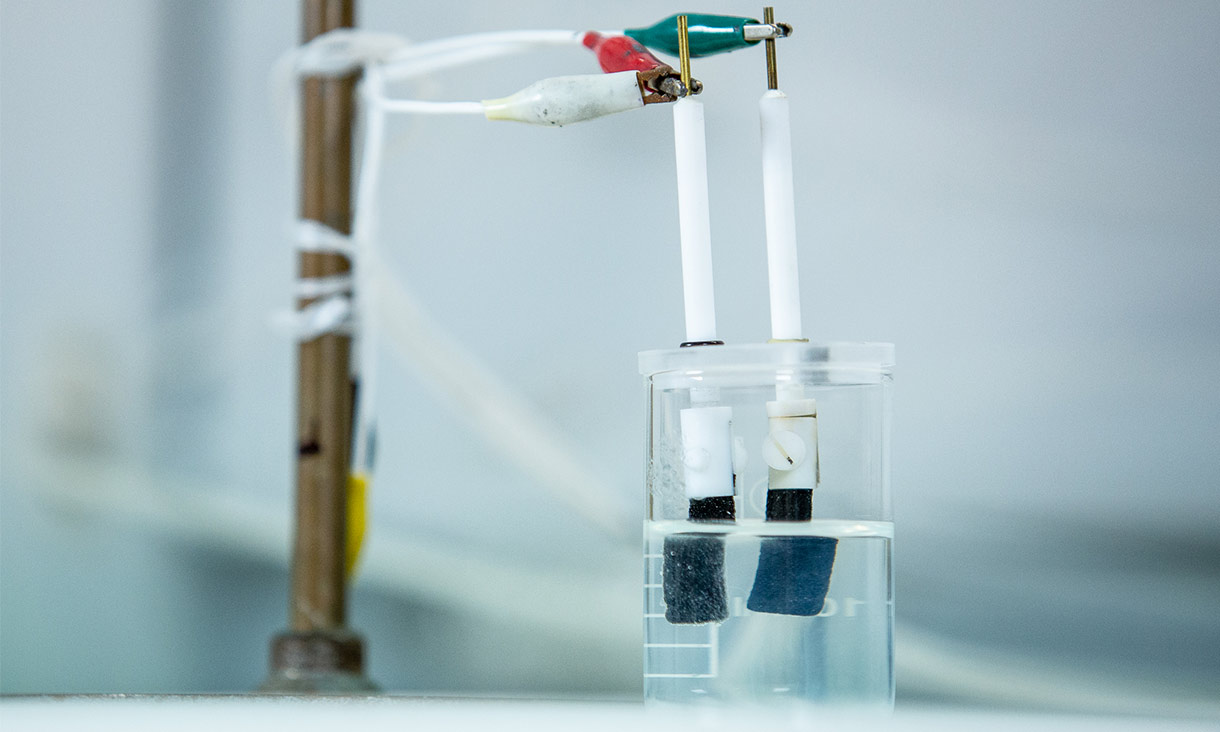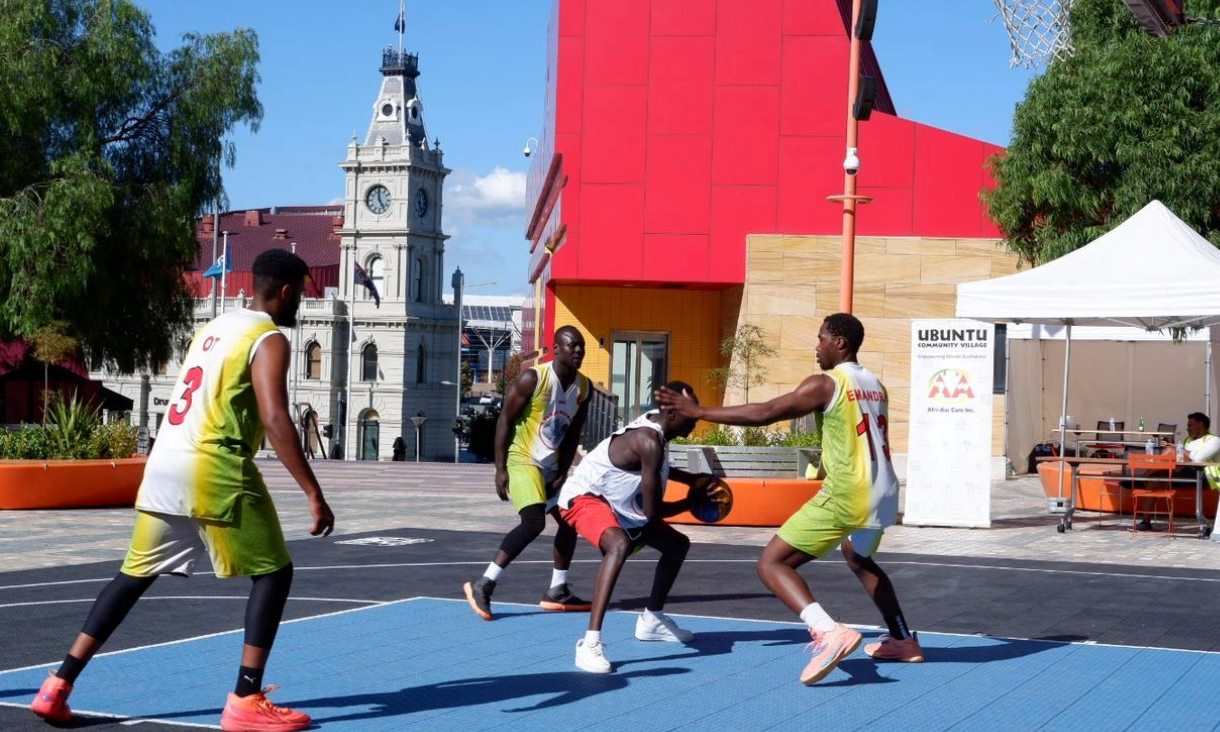Floating wetlands to reduce greenhouse gas emissions in wastewater lagoons
RMIT researchers, Westernport Water and CSIRO partnered to investigate floating wetlands as a nature-based solution to reduce greenhouse gas emissions from wastewater storage lagoons.
Understanding evacuation travel behaviour to better protect communities from bushfires
RMIT researchers are helping to improve the way communities prepare for and respond to bushfires by revealing the complex travel behaviours of households during evacuation.
Embedding First Peoples' knowledge and culture within Australia’s built environments
RMIT University’s Yulendj Weelam Lab from the Architecture and Urban Design School are partnering with design professionals to create a reconciled future for Australia's built environments.
Restoring Indonesia’s peatlands to tackle climate change
Researchers partnered with Indonesian communities and government agencies to support long-term peatland restoration and climate resilience.
Transforming psychology practices in Vietnam through collaborative research
RMIT Vietnam researchers are collaborating with the local community to adapt psychological science and practices to suit the country’s unique cultural context.
Improving local content prominence on smart TVs
RMIT University researchers examined the visibility of local content and services on smart TVs, amid the digital transformation of television and growing influence of global streaming services.
Prosthetic leg donation program changes lives in Southeast Asia
A pioneering rehabilitation program led by RMIT University has fitted more than 200 prosthetics legs and delivered more than 4,600 biomechanical therapy treatments and counselling sessions in partnership with local programs across Indonesia, Timor-Leste and Cambodia.
Intelligent platform transforms infrastructure management through predictive modelling and analytics
RMIT researchers developed a cloud-based software and app that provides data-driven analytics to inform maintenance and management of infrastructure, including buildings, bridges, roads, and drainage systems.



